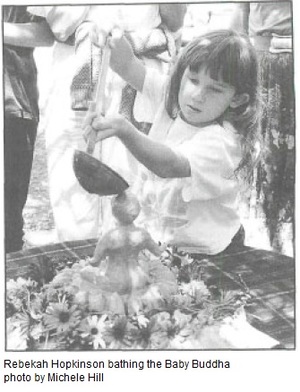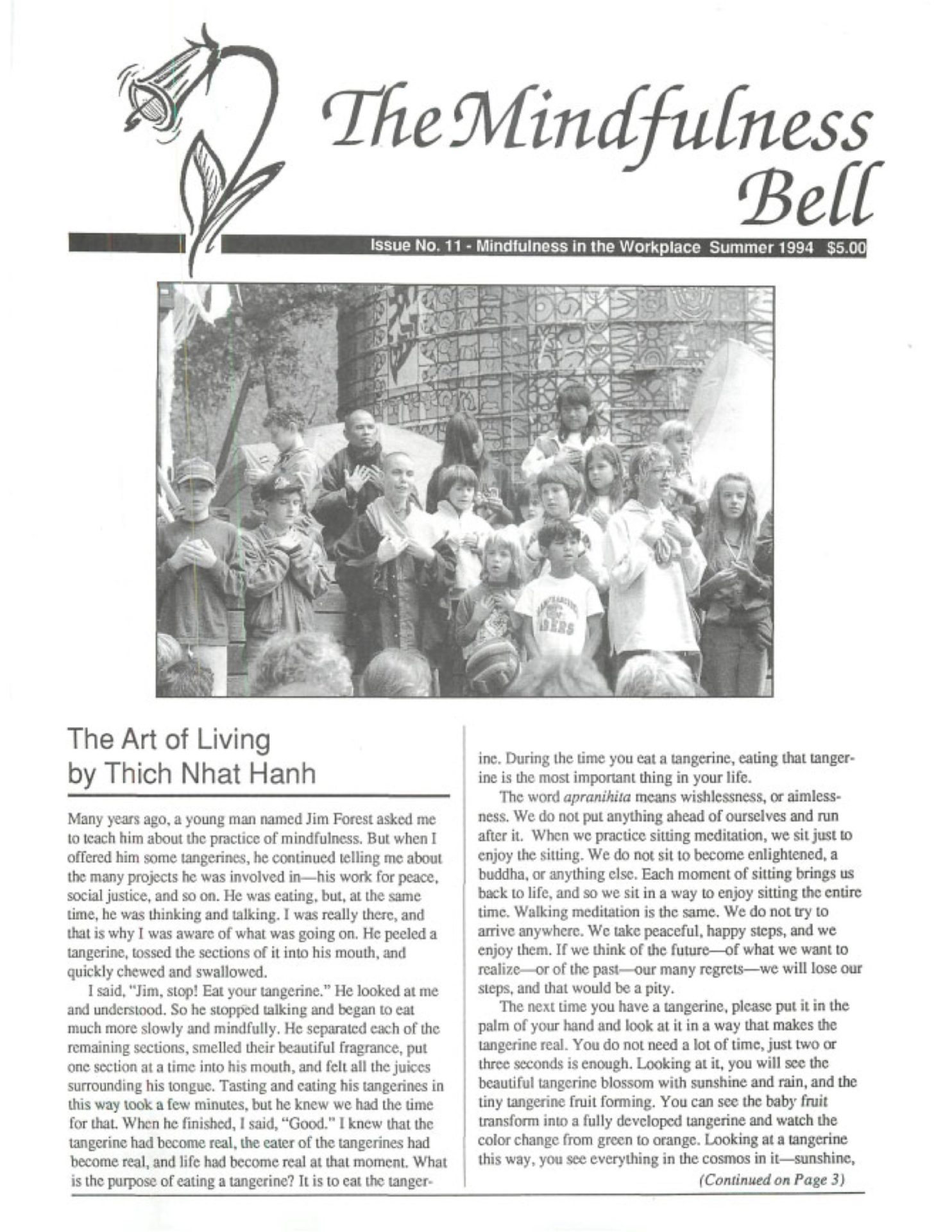By Svein Myreng
Holding open the door for an elderly man at our neighborhood shopping center, I was met with this question: “Do you live your life for Jesus?” When I answered no, he told me that my life was without meaning. When I still couldn’t agree, he firmly concluded, “You are Satan’s child!” This small episode resonated with an old memory. I wasn’t brought up in a very Christian home, my family finding God in nature rather than in church.
By Svein Myreng
Holding open the door for an elderly man at our neighborhood shopping center, I was met with this question: "Do you live your life for Jesus?" When I answered no, he told me that my life was without meaning. When I still couldn't agree, he firmly concluded, "You are Satan's child!" This small episode resonated with an old memory. I wasn't brought up in a very Christian home, my family finding God in nature rather than in church. Only at school did I learn stories of Jesus. So when the time came for my confirmation ceremony, I decided neither to take part in the ceremony nor the preparations. I took the question of belief seriously and felt it was wrong to profess a faith I didn't have. But our local pastor did not accept this, and he tried to force me, slandered me to my classmates, and made my already vulnerable teenage life even more difficult. Finally he phoned my mother and told her that I was doomed!
The churches—Protestant and Catholic—have a history of giving people guilt feelings, condemning groups like gays and lesbians and denouncing, or killing, unbelievers and heretics. Less than 200 years ago, Shamans of Sami people ("Laplanders"), a small part of my ancestry, were lynched outside churches in Norway, their sacred drums burned and Sami songs and even language banned for being pagan. It was easier for me to feel one with the victims of the Church than to feel that Christianity was part of my heritage.
Therefore, I was surprised at my strongly positive response to Thay's comments on the Sermon of the Mount. Was Christianity part of me after all? I started reading bridge builders like Fr. Enomiya Lasalle and Br. David Steindl-Rast, took part in dialogue, and even coordinated a Christian-Buddhist Zen retreat. I could appreciate the beauty of Rembrandt's portrait of Christ, Dostoyevsky's The Brothers Karamazov, as well as many of Christ's powerful sayings and many good, open-minded friends who found their foundation in their Christian faith. Still, I did not feel at home in churches, and instances of Christian narrowmindedness still hurt. This somewhat uneasy situation lasted until Sister Annabel asked me to translate the Six Prostrations into Norwegian. Just reading them in The Mindfulness Bell didn't make such a strong impression, but working on the translation, I noticed my great resistance to seeing Christ and the Church as my spiritual ancestors. Something in me loudly cried "No!"
If it weren't for my strong commitment to Thay as my teacher, I might have turned away. Instead, I brought my dilemma into meditation and discovered rage and sorrow. All my reading and discussions with openhearted, undogmatic Christians hadn't been quite to the point, because the question really concerned the other aspect, the narrow-mindedness. By acknowledging my anger and hurt feelings, this knot began to dissolve, already a great relief, but it also became clear that my feelings have been similar to this verse in the Dhammapada: "Look how he abused me and beat me, how he threw me down and robbed me." Live with such thoughts and you live in hate.

With this starting point, it became possible to take a new, calm look at the abuses as well as the humanity of the Christian tradition. I can see how narrow-mindedness and thirst for power have their roots in fear of evil and death, strong wishes to be right and convince others, and, paradoxically, the inspiration from and love for a deep teacher like Christ. Of course, such elements are in me, too.
Reconciliation with Christianity may be difficult, for there are strong feelings involved—feelings we need to respect. Still, reconciliation is possible and rewarding. Difficulties with Christianity may have led to a distrust of "religion" that actually prevents us from embracing Buddhism fully—much as Sister Jina suggested in the last issue of The Mindfulness Bell. By working to understand and forgive the people who have hurt us in questions of religion, we can see our common humanity. We can see Jesus as a great teacher and understand the real spiritual and cultural value of the Christian faith. And we can have real communication with many Christians who also feel uneasy about abuses of their faith. By discovering our true relationship to Christianity, we may or may not find it to be our main spiritual root. In Norway, many people see nature as a great source of religious feelings—perhaps an inheritance from our old pre-Christian religion. But whatever we find, the search will make us more whole and enable us to feel more deeply. Otherwise, our spiritual practice may be too dry and intellectual.
Svein Myreng, True Door, is a school teacher in Norway.

